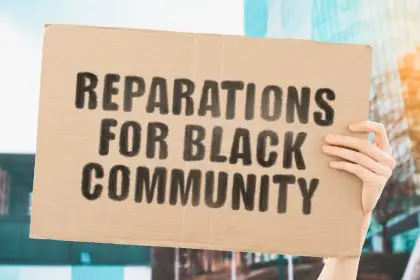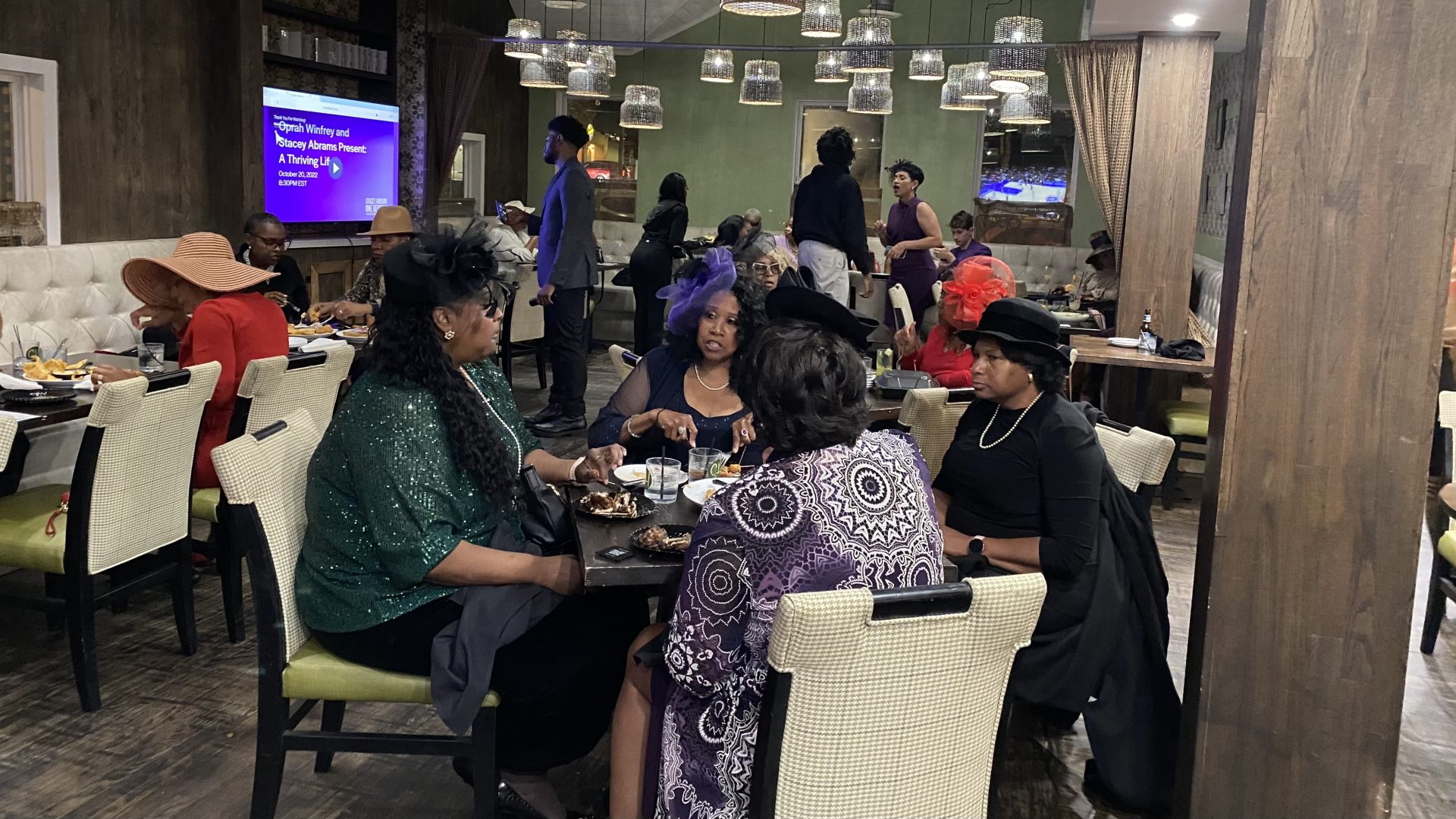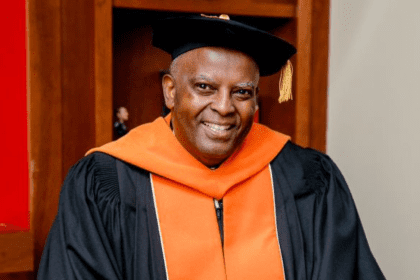From the moment Oprah Winfrey announced her intention to build a leadership academy for impoverished girls on the African continent, critics were vehement and vocal about why it was the wrong thing to do.
When scandal rocked the school, not once, but repeatedly, the critics’ voices were amplified in the media, and their negative opinions about Winfrey’s methods and motives seemed even more valid in the eyes of dubious observers.
Winfrey said that to her, these girls are like her daughters, daughters whose lives included devastating experiences that never deterred them from wanting to reach their full potential: “Divorce. Violence. Molestation. The loss of one parent. The loss of another parent. Sorrow. Sadness. Grief,” Oprah recounted.
Despite the many harsh realities the girls faced, 72 of the original class of 75 persevered and graduated. All 72 are headed to universities in South Africa and the United States to study in a diversity of fields including law, engineering, medicine and accounting.
“I’m one proud mama today,” said Winfrey, calling the students “phenomenal, phenomenal, phenomenal women.”
Winfrey noted that these students were born in 1994, the same year apartheid died in South Africa. She told the graduates they were brought to life “in a nation that said: You are free. You are free to rise. You are free to soar.”
Oprah asked staff and family members to stand for applause during the commencement ceremony. She praised the teachers, administrators, social workers, psychologists and family members who devoted themselves to educating the young women, saying the school’s success was owed to teachers who came early and stayed late, social workers committed to their roles, and parents who helped to instill discipline despite difficult home lives.
Winfrey said she has learned over the years that it takes a dedicated team to support students, especially those who have experienced poverty and personal trauma.
 When the first group of students arrived five years ago, most of the 11- and 12-year-old girls had never used a computer. Many had attended schools with dirt floors and no desks. Some were left orphaned by AIDS, cancer and crime. All of them were selected for their desire to be educated, and their passion to serve their people.
When the first group of students arrived five years ago, most of the 11- and 12-year-old girls had never used a computer. Many had attended schools with dirt floors and no desks. Some were left orphaned by AIDS, cancer and crime. All of them were selected for their desire to be educated, and their passion to serve their people.
There were times Winfrey felt discouraged by serious problems that occurred at the academy, including molestation charges against a dormitory matron, and a newborn baby found dead in a student’s room. Throughout the crises, Winfrey said she “always held the vision that this day was possible.”
Now that these women are headed out into the world to realize their potential and make their impact, it is impossible to side with the naysayers who said, among other criticisms, that Oprah should have done something like this closer to home.
Regardless of where on earth these women stand, they stand as beautiful, brown, brilliant symbols of what caring motivation and quality education can and should produce. –kathleen cross
















